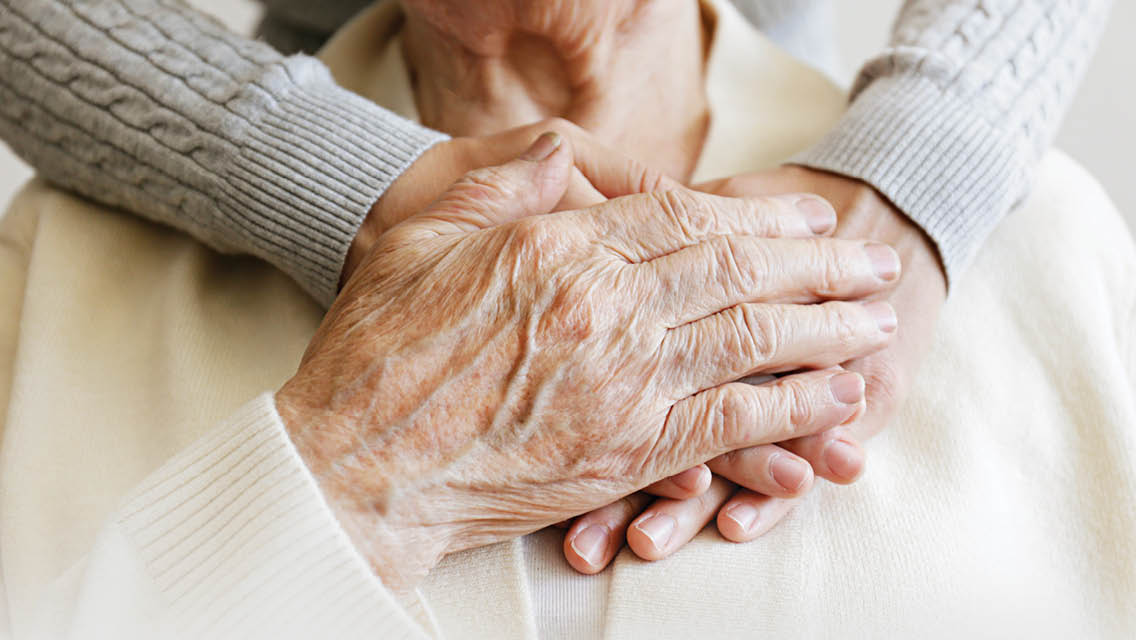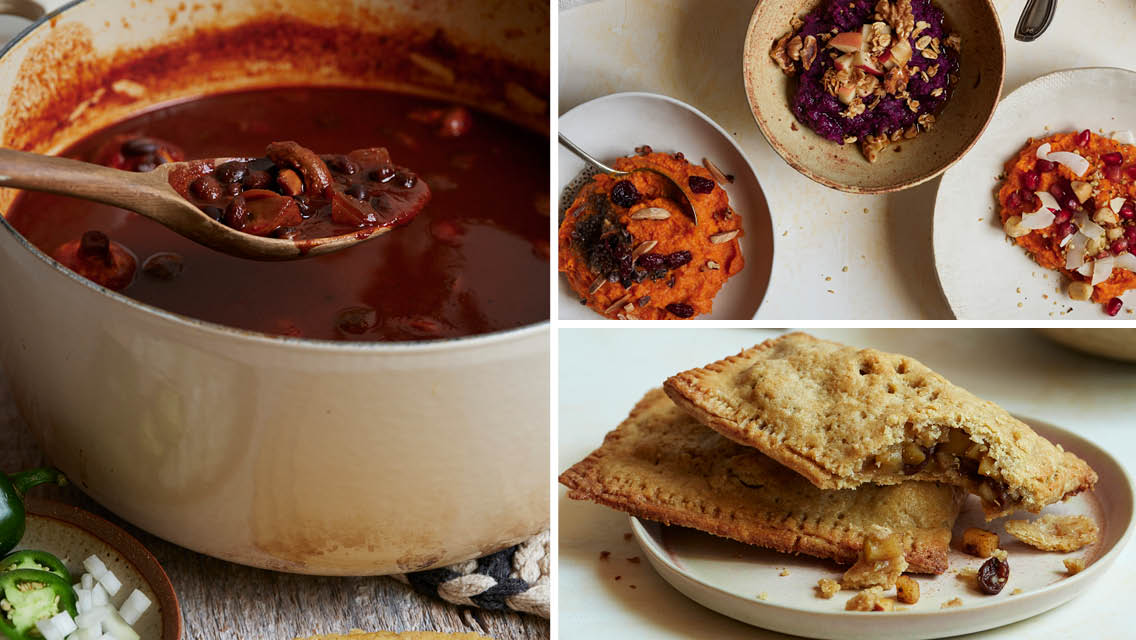I’m a sucker for stories about supercentenarians, people who live way beyond the century mark. So, I couldn’t help but dive into an article the other day seeking to explain how Maria Branyas Morera, the world’s oldest person, managed to live to the age of 117.
It’s not that I’m searching for lifestyle hacks that might allow me to become a supercentenarian or mining for some assurance that even my unhealthiest habits won’t necessarily constrain my lifespan (or “healthspan,” as the longevity gurus put it). I’m mostly fascinated by the utter capriciousness of the human body, how it ages so gradually in some people and falls apart too soon in the rest of us.
As Gretchen Reynolds reports in The Washington Post, Morera may have been the most closely studied supercentenarian in history. Manel Esteller, MD, PhD, and his team of researchers at the University of Barcelona School of Medicine got wind of the age-defying Catalan after she’d already eclipsed 110 years, and they reached out to her to better understand how she’d done it.
“They are so rare,” Esteller says. “And to have one close to us, we felt we should learn all we could about her.”
Morera was game and contributed frequent samples of her blood, urine, saliva, and stool in the months following her 116th birthday. She also allowed Esteller and his colleagues to peruse her health records and query her about her diet and other lifestyle habits. Their findings, published last month in the journal Cell Reports Medicine, illustrate the often-confounding forces that govern the human lifespan.
“[E]xtreme human longevity may be characterized by the coexistence of two distinct and potentially unrelated sets of features within the same individual,” Esteller writes. Morera displayed many of the “characteristic biomarkers of very advanced age,” such as shortened telomeres and cellular damage, but she also hosted specific genetic variants that have been known to protect the body from common age-related chronic illnesses.
“All these findings illustrate how aging and disease can, under certain conditions, become decoupled, challenging the common perception that they are inextricably linked,” he concludes.
But was it Morera’s diet and lifestyle choices that extended her life, or was she simply one of the lucky few whose genetic inheritance guarantees them a few extra decades? Researchers discovered it was a little bit of both.
Morera clearly won the genetic lottery. Her cells were free of the genes that have been linked to an increased risk of cancer, Alzheimer’s, diabetes, and a variety of other chronic diseases. In their place were genes known to help repair DNA, cool inflammation, dispatch dead and malfunctioning cells, and produce the mitochondria needed to power cellular energy.
And yet, her genetic makeup doesn’t solely explain her longevity, Esteller notes. She was the only one of her close relatives to live well beyond the average lifespan.
Looking at Morera’s lifestyle habits, she was an avid gardener, was physically active throughout her life, and enjoyed a strong social network. She also slept well, read widely, and played the piano. Morera embraced a typical Mediterranean diet — fish, olive oil, fruit — but ate sparingly. That is, unless you count her yogurt consumption: three servings of plain yogurt every day for the last 10 years of her life.
Maybe all that yogurt explains why her gut microbiome was so healthy. Researchers found a microbial mix there that has been associated with reduced inflammation and a strong immune system. She also hosted a robust population of T cells, a type of white blood cell that “remembers” past infections and actively fights new ones. These tend to decline in number and activity as we age, but hers still contributed to a very efficient immune response.
There are volumes of research suggesting that healthy lifestyle habits can lead to enhanced longevity. One 2024 study involving more than 276,000 U.S. military veterans concluded that adopting eight specific behaviors could keep you alive for about 87 years — 10 years longer than the average American’s life expectancy.
“There’s very clear evidence that, for the general population, living a healthy lifestyle” is key to extending one’s life, Sofiya Milman, MD, a professor of medicine and genetics at the Albert Einstein College of Medicine, tells The New York Times. But, she adds, “even if you do everything right,” you’re not likely to make it to 100.
Or maybe even past middle age. We’ve all known people who never smoked, ate right, hit the gym regularly, managed their stress admirably, imbibed moderately — and never saw their 65th birthday due to some random cellular mischief.
Only those, like Morera, who’ve been gifted with the right mix of genetic variants can dream of surpassing the century mark. And, in many cases, they get there despite bending many of the healthy-living rules the rest of us struggle to obey. “We have families where there’s a lot of smoking; we have some families where they’re couch potatoes,” says Michael Province, PhD, co-lead of the Long Life Family Study, which is analyzing the extended lives of more than 5,000 individuals blessed with longevity-enhancing genes.
I suspect I’m not one of the lucky ones. Mom made it to 82 but Dad died at 60, and I can’t recall any of their siblings enjoying an especially long and healthy life. Cancer took my brother at 73. Still . . . you never know, right? My maternal grandfather smoked cheap cigars and lived into his 90s, so maybe I’ve inherited some slight genetic advantage. I also eat a bowl of yogurt every morning.





This Post Has 0 Comments